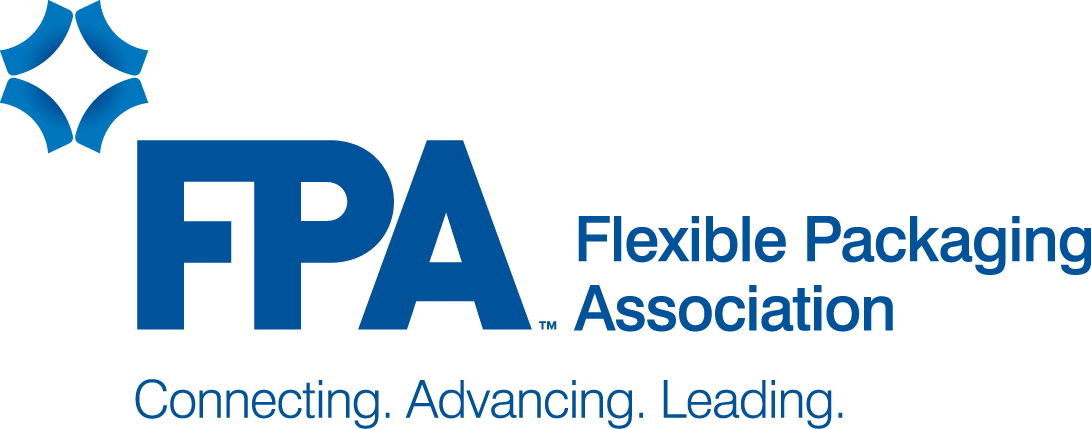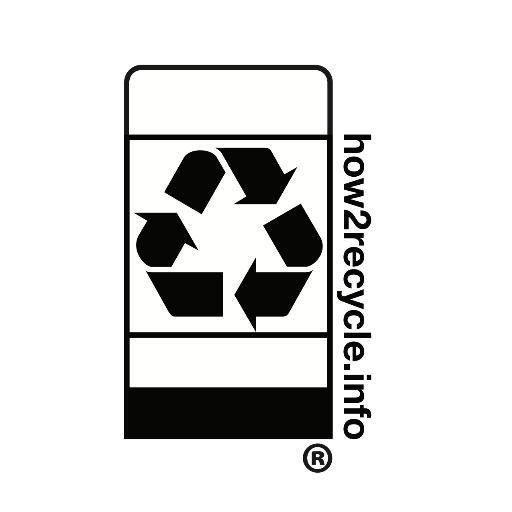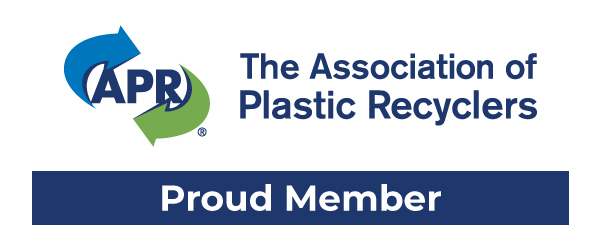Company Environmental Responsibility
Our Mission
Glenroy conducts business in a way that seeks to drive value creation for society and the environment. We do this by reducing impacts on natural resources, minimizing waste generation and shifting toward renewable energy options; all of which reduces greenhouse gas impacts.
These efforts are measured, tracked and defined within our operating plan. Our efforts are guided by scientific data that measures the impacts of the many lifecycle stages of plastic products, consistent with the values of the Environmental Protection Agency’s Sustainable Materials Management.
We are committed to be part of a “circular economy” solution within the plastic industry in order to yield the greatest environmental benefit. We will achieve this goal by:
- Developing and promoting sustainable flexible packaging. Our TruRenu™ Sustainable Flexible Packaging portfolio features a full line of recyclable flexible packaging and post-consumer recycled (PCR) content.
- Educating companies about how to recycle more and make their products easier for consumers to recycle.
- Demonstrating viable business models for collecting and recycling different types of plastic materials. We are an active participant in the Flexible Packaging Association initiative for new recycling facilities and investments in this industry.
- A Commitment to consistently reduce waste, air emission, energy conservation and recycling initiatives within our manufacturing operation. Glenroy continues to strive for landfill free manufacturing facilities.
Continuing to drive flexible packaging to be easily recycled and reused while striving for a circular economy continues to be the goal of our company and industry.
Sustainable Operations
Green Initiatives
For decades, Glenroy has been dedicated to preserving the environment through air emissions control, energy conservation, and recycling initiatives. Good stewardship of resources has been a principle of Glenroy, Inc. since our company was founded in 1965.
Our culture promotes continuous improvement, and environmental awareness is one of the areas where we have made great strides.
Air Emissions Control
 We have significantly reduced our VOC emissions by switching our flexographic printing from an open-air decking system to a closed central-impression system. This prevents VOC’s from escaping into the ambient environment.
We have significantly reduced our VOC emissions by switching our flexographic printing from an open-air decking system to a closed central-impression system. This prevents VOC’s from escaping into the ambient environment.- Since 1989, we have destroyed over 98% of captured VOC emissions through the use of catalytic and regenerative thermal oxidizers. Our regenerative thermal oxidizers utilize high-efficiency heat exchangers to thermally destroy HAP’s and VOC’s.
 Energy Conservation
Energy Conservation
- By installing energy efficient lighting in our manufacturing facilities, we have reduced energy consumption of lighting by 26%.
- Our electricity consumption has been significantly reduced in winter months through the utilization of a free cooling loop on our process chilled water system.
 Recycling Initiatives
Recycling Initiatives
- We have reduced manufacturing process waste by 40%.
- Of our recycled press wash solvent, 80% is processed into reusable fuel.
- We recycle 70% of the solvents used in our printing processes.
- We Recycle
- between 40 and 50 tons of packaging trim scrap every two weeks.
- approximately two tons of paper every two months.
- approximately six 55-gallon drums of aluminum cans, plastic bottles, and glass containers every six weeks.
- approximately 300,000 pounds of wood pallets, sideboard, and packaging every year.
Through our recycling programs, more than 3 million pounds of materials are kept out of landfills and kept in the materials cycle every year.
Our Partnerships
Flexible Packaging Association
The Flexible Packaging Association (FPA) has served as the voice of the flexible packaging industry since 1950. The FPA is currently leading an industry effort to better understand all aspects of packaging sustainability, end-of-packaging-life programs, and resource recovery alternatives.
Sustainable Packaging Coalition® and How2Recycle® Label Program
The Sustainable Packaging Coalition (SPC) is a membership-based collaborative that believes in the power of industry to make packaging more sustainable. The SPC is the leading voice on sustainable packaging and is passionate about creating packaging that is good for people and the environment.
How2Recycle is a standardized labeling system that clearly communicates recycling instructions to the public. It involves a coalition of forward-thinking brands who want their packaging to be recycled and are empowering consumers through smart packaging labels. Learn more at how2recycle.info.
The Association of Plastic Recyclers (APR)
The Association of Plastic Recyclers (APR) is The Voice of Plastics Recycling®. As the international trade association representing the plastics recycling industry, membership includes independent recycling companies of all sizes, processing numerous resins, as well as consumer product companies, equipment manufacturers, testing laboratories, organizations, and others committed to the success of plastics recycling. APR advocates the recycling of all plastics. Visit www.PlasticsRecyling.org for more information.




